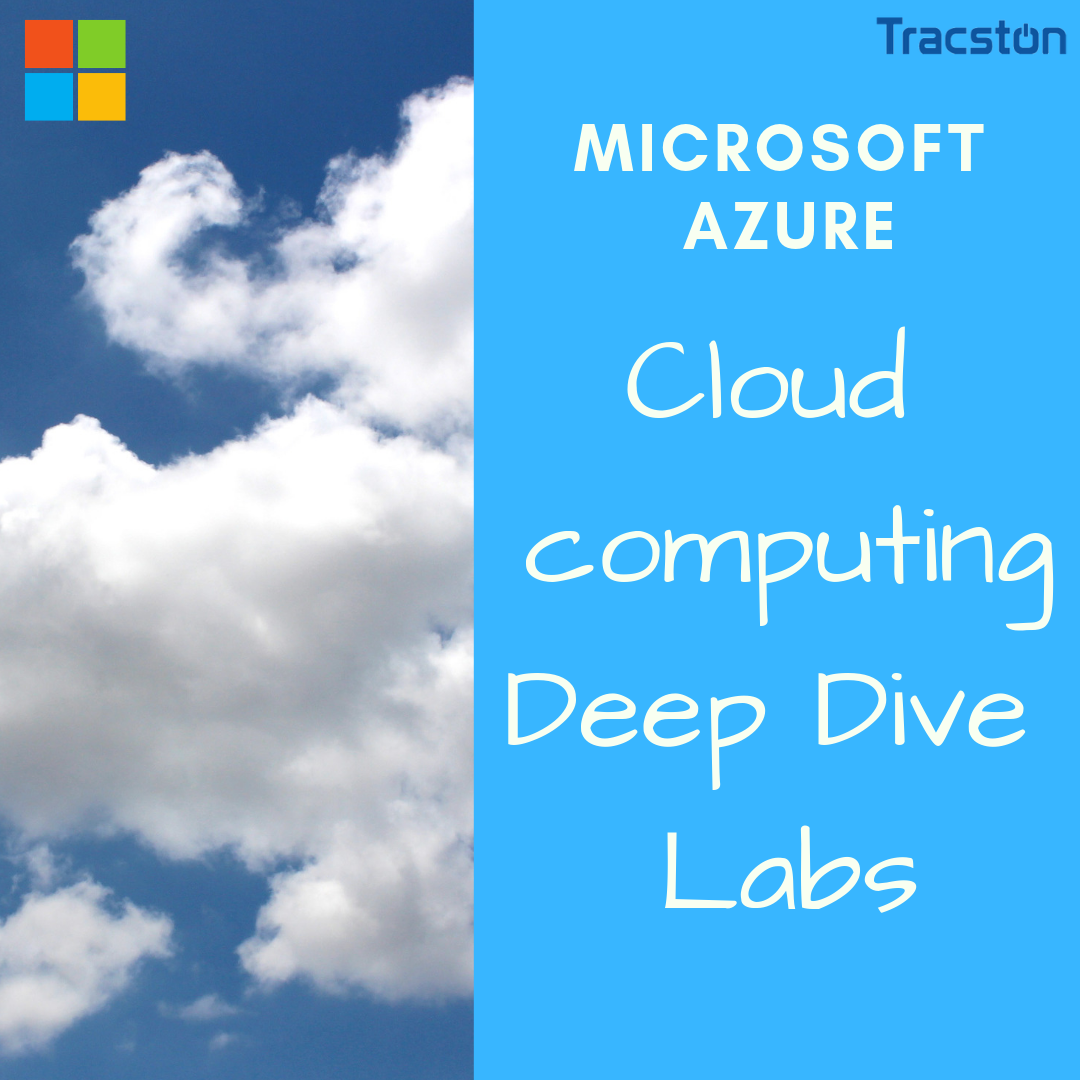Last updated on 19/09/2019

The cloud is a term referring to accessing computer, information technology (IT), and software applications through a network connection, often by accessing data centers using wide area networking (WAN) or Internet connectivity.
By moving your IT infrastructure and resources to the cloud you can benefit with cost savings, mobility, security and easy collaboration.
Microsoft Azure – Is a collection of various cloud computing services, including remotely hosted and managed versions of proprietary Microsoft technologies, and open technologies,
created by Microsoft for building, testing, deploying, and managing applications and services through a global network of Microsoft-managed data centers.
This course teaches IT Professionals how to manage their Azure subscriptions, including access, policies, and compliance, as well as how to track and estimate service usage and related costs. Students also learn how cloud resources are managed in Azure through user and group accounts. Students learn how to grant appropriate access to Azure AD users, groups, and services through Role-based access control (RBAC). Students also discover the core monitoring tools and capabilities provided by Azure,
including Azure Alerts and Activity Log. Students are then introduced to Log Analytics as a broad data analytics solution, and use this service to query and analyze operational data.
Students then learn about the Azure Resource Manager deployment model, and how to work with resources, resource groups and ARM templates.
Check out our New Microsoft Azure Cloud Computing Deep dive Labs course.
http://www.tracston.com/Azure_Deep_Dive.php
#Cloud #CloudComputing #Azure #Microsoft #Tracston #MicrosoftAzure
